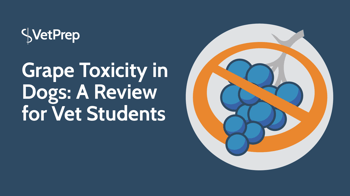When addressing a possible rodenticide toxicity, the first step is to determine which type of rodenticide the pet may have ingested. There are four common types of rodenticides: anticoagulants, cholecalciferol, bromethalin, and zinc phosphide.
Each of these rodenticides has a different mechanism of action, affecting prognosis and treatment. While you can always look up the details once you’re out in practice, it’s important to have at least a general understanding of each of the four types of rodenticides.





